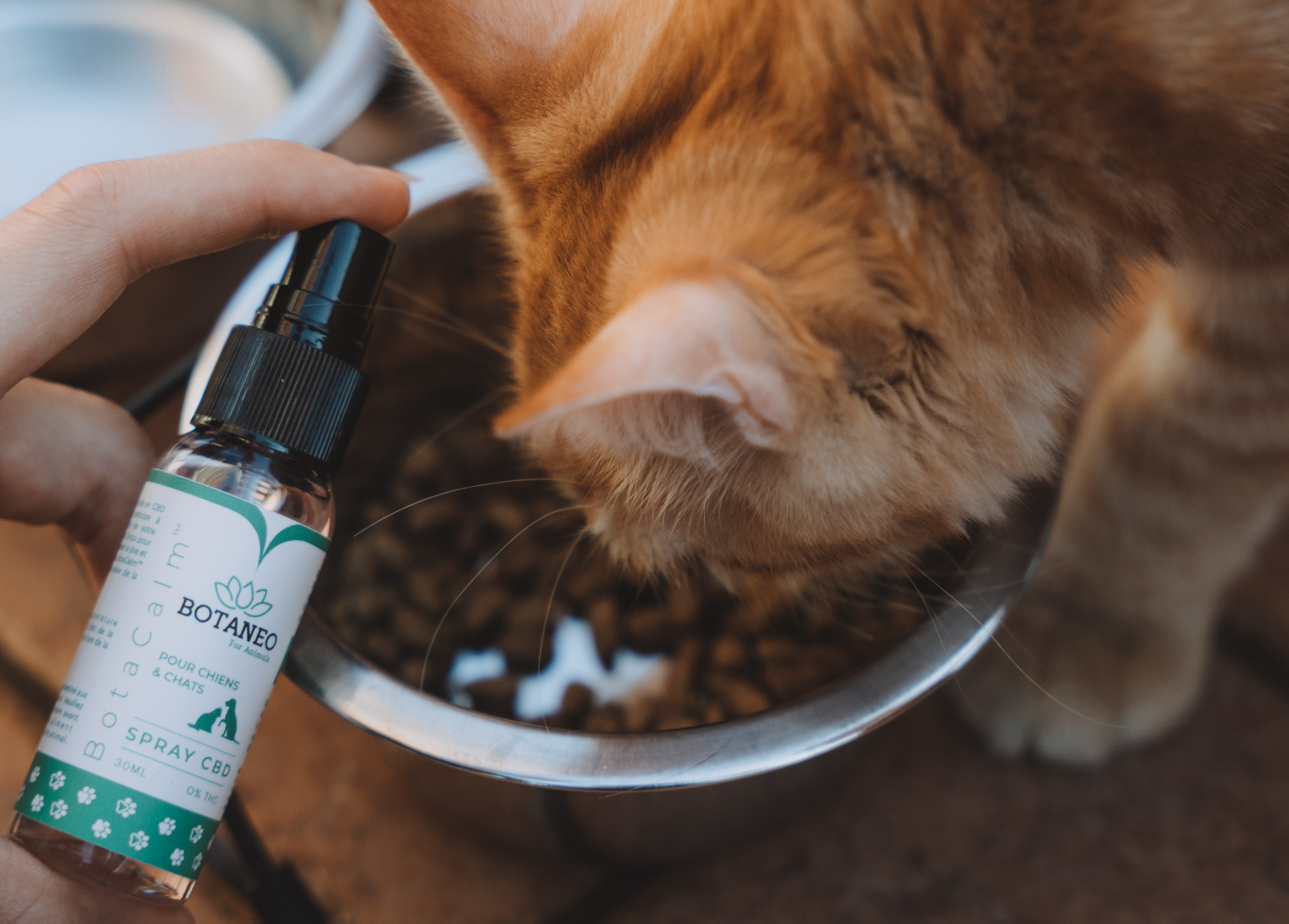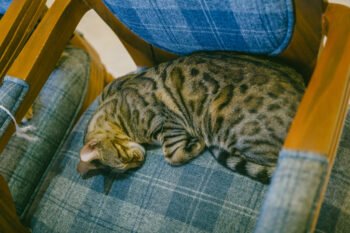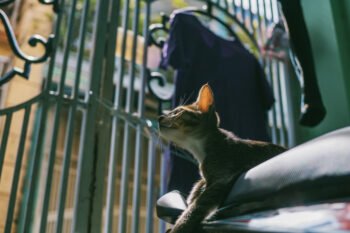When my beloved 19-year-old cat, Sweetie Pie, recently started to become more vocal, I began to worry. Not just because her screams wake me up at all hours of the night, but because hyperthyroid disease runs in her family. This sometimes-deadly condition causes over-activity of the thyroid gland. One of its most obvious symptoms can be excessive meowing.
News shared by veterinarian Noel Grandrath, DVM, at Montclair Veterinary Hospital in California, gave me a huge sigh of relief. She determined Sweetie Pie’s thyroid, based on blood work, was OK. But why was my cat becoming such a feline loudmouth? “Sometimes older cats will vocalize more often,” she explains, mentioning that “a touch of dementia” can affect elderly felines.
It turns out many reasons, in addition to hyperthyroid disease, can create seemingly non-stop meowers. Here are three common ones:
Feline senility This is good news, believe it or not, since it’s a sign that cats in general are living longer. “As with humans, the life expectancy of cats is increasing and with this longer life runs the greater chance of developing dementia,” says Dr. Danielle Gunn-Moore, a specialist in feline medicine at The University of Edinburgh’s Royal School of Veterinary Studies. She adds that studies suggest “28 percent of pet cats aged 11-14 years develop at least one old-age related behavior problem and this increases to more than 50 percent for cats over the age of 15.”
Noisy breeds The genetic makeup of your cat can affect how noisy or quiet it is. “Orientals are the quintessential loud mouths,” according to Nicholas Dodman, program director of Animal Behavior at Tufts’ Cummings School of Veterinary Medicine. While he says many breeds, like Persians and Maine coons, tend to be less vocal, Siamese felines seem to have no meowing inhibitions. Balinese, Burmese, Javanese, Tonkinese and other breeds can also be audibly expressive.
Owner control While studying meowing at Cornell University, researcher Nicholas Nicastro found that cats could manipulate us with “demanding calls.” These are “the kind we hear at 7 AM when we walk into the kitchen and the cat wants to be fed,” he says. “The cat isn’t forming sentences and saying specifically, ‘take a can of food out of the cupboard, run the can opener and fill my bowl immediately,’ but we get the message from the quality of the vocalization and the context in which it is heard.”
How to Hush a Noisy Cat
If you and your veterinarian have ruled out medical or age-related causes for your cat’s excessive meowing, here are some gentle, yet effective, ways to quiet your kitty:
1. Take charge “Cats are domesticated animals that have learned what levers to push and what sounds to make to manage our emotions,” Nicastro says. “When we respond, we too are domesticated animals.” Don’t respond to every loud call if your cat is clearly pushing your buttons to get its way.
2. Don’t reward the midnight meower Cats have the uncanny ability of recalling every rewarding experience. If your cat screams at 2 AM and you get up and feed it, your pet may come to expect such good service every night. Cat behavior counselor Dilara Parry, who works with the San Francisco SPCA, advises that if cat cries are keeping you awake, “you can try earplugs, or pulling the cover up over your head, or you could close the door to your bedroom.” The point is to not become a nighttime slave to your feline. Over time, your cat will learn to not associate meowing with being waited on.
3. Reinforce regular feeding and play times Cats are creatures of habit and thrive under routines that meet their basic needs. Parry advises that you stay on “a set schedule as much as you are able.” That means regular veterinarian visits, feeding a high quality diet according to manufacturer guidelines and grooming and playing with your pet at defined times of the day.
Finally, keep your cool. Bad habits can take a long time to break and owner patience is needed during the interim period. In some cases, where breed or age-related meowing leads to excessive vocalizing, you may just have to learn to live with the noise. When Sweetie Pie now interrupts me with her meows, the ear-splitting sounds remind me how lucky I am to have enjoyed the company of such a loving, albeit noisy, healthy feline for close to two decades.







